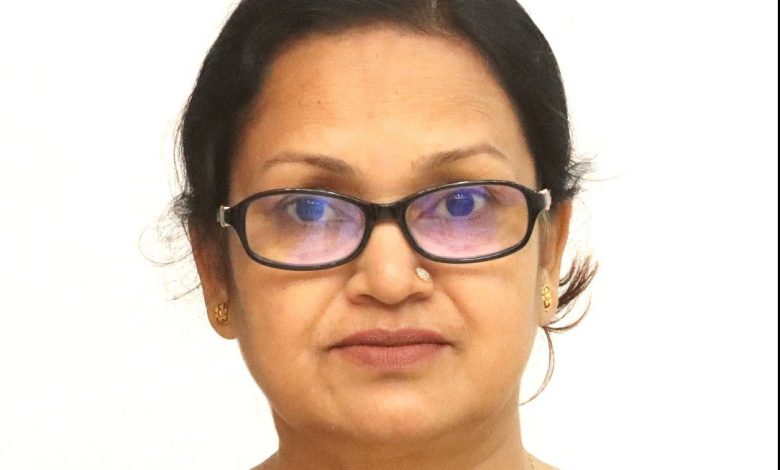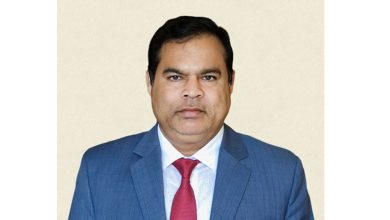Microfinance must evolve with tech and social impact to stay relevant: Rabeya Begum


Holiday Post Report: Shariatpur, Bangladesh – Rabeya Begum, Executive Director of the SDS (Shariatpur Development Society), believes that while microfinance in Bangladesh has made remarkable progress, the journey is far from over. In an interview with Holiday Post, she emphasized that institutions like BRAC, Grameen Bank, and local NGOs have transformed microcredit into a lifeline for millions—reducing poverty, empowering women, and energizing rural economies. Yet today, the sector stands at a critical crossroads.
Microfinance institutions (MFIs) are facing overlapping loans, rising operational costs, and mounting pressure to digitize quickly. Rabeya said. “We need to integrate technology in a way that remains centered on the needs of our clients. Financial sustainability must go hand-in-hand with serving the poor.”
She pointed to fierce market competition as a growing threat, with many borrowers taking loans from multiple MFIs, making repayment increasingly difficult. “Affordable capital is also hard to come by,” she added. “Digital illiteracy is widening the gap between technological solutions and real user needs—many of our clients simply can’t navigate mobile banking platforms.”
External pressures like climate change and inflation are making the situation even more complex. Low-income borrowers are being hit the hardest, especially in flood- and storm-affected areas. While grassroots organizations often have to delay or relax repayment schedules, core lending agencies are not always accommodating, she explained. Compounding the issue is a shortage of trained professionals in the sector, limiting the capacity to respond to these multifaceted challenges.
While acknowledging that government oversight has improved transparency and borrower protection, Rabeya believes policies need greater flexibility. Among her suggestions: Bangladesh Bank should offer low-interest refinancing options, joint digital literacy programs should be implemented, and more investment is needed in research and innovation. “Interest rates should also be adjusted to reflect real operational costs,” she said.
Rabeya sees microfinance as a key driver in achieving Bangladesh’s “Three Zeros” vision—zero poverty, zero unemployment, and zero carbon emissions. She advocates for expanding microfinance beyond loans to support women-led enterprises, green businesses, and financial inclusion for marginalized communities. “We must link microfinance with education, health, and climate resilience,” she asserted.
At SDS, several digital initiatives are already underway. The organization has piloted mobile-based savings collection and loan monitoring systems to reduce costs and remain operational during climate shocks. “We follow responsible lending practices—screening borrowers, offering basic financial education, and conducting regular follow-ups,” Rabeya noted.
SDS measures success through repayment rates, income growth, and client satisfaction. It promotes environmentally friendly enterprises and backs social entrepreneurs. “We don’t just disburse funds—we walk alongside our clients,” she said firmly.
Rabeya further stressed the importance of broadening services to include savings, insurance, and remittance options. She called for stronger partnerships with banks and fintech companies, while underscoring the need for major investments in both technology and human resources. “Going digital is important, but we must not forget the human side,” she cautioned.
Having worked extensively in Bangladesh’s remote char (riverine island) regions, Rabeya has witnessed transformation firsthand. “Women who once never handled money now run small shops and farms. Their children go to school and have access to healthcare. I’ve seen how microfinance changes lives,” she said.
To Rabeya, microfinance is not just a financial tool—it is a symbol of trust, progress, and dignity. “This is more than economics. It’s a powerful instrument for real, lasting change,” she concluded with conviction.





